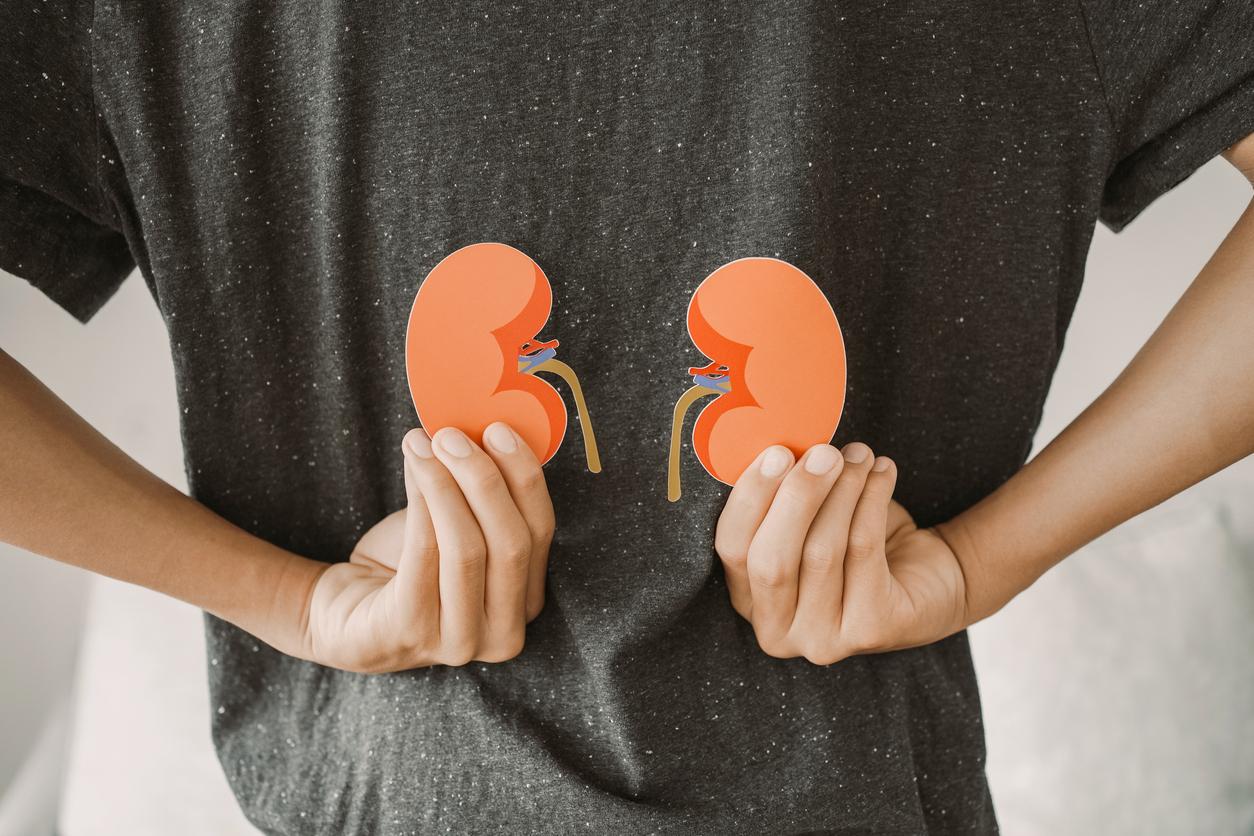In ANCA vasculitis, the indications for plasma exchange to purify the ANCA from the blood are reduced to a few patients with progressive inflammatory renal damage and lung haemorrhages. Corticosteroid doses can be reduced even faster than before.

Vasculitides are inflammatory diseases that affect the wall of blood vessels, and in particular the arteries, in a more or less diffuse way, and with a risk of ischemic lesions and necrosis of various organs that are irrigated by the affected blood vessels. They have different causes, some of which are of autoimmune origin and are manifested by the presence of anti-neutrophil cytoplasm antibodies (ANCA).
In ANCA vasculitis with severe renal impairment or alveolar hemorrhage, plasma exchanges aimed at purifying the blood of these ANCAs have not made it possible to reduce the incidence of end-stage renal disease or death.
A faster reduction in corticosteroid therapy
The PEXIVAS study is published in the New England Journal of Medicine also points out that a rapid reduction in the dose of corticosteroids leads to fewer complications linked to infections: by reducing the doses by 45%, the risk of infections is reduced by 30%, even though this is the first cause of death in this disease.
Results that challenge
In half of the patients who received, in addition to induction treatment, 7 plasma exchanges over 14 days (in an attempt to quickly eliminate ANCA), the combined rate of end-stage renal disease or death from all causes combined, is 28.4% in the group with plasma exchanges and 31% in the group without exchanges.
At the same time, in patients who received a reduced dose of oral corticosteroids, representing approximately half of the standard dose, the reduction occurring at the beginning of the second week of treatment (the others received a standard dose which was reduced more gradually), the reduction in these serious complications was 27.9% in patients in the reduced-dose group versus 25.5% in the standard-dose group. On the other hand, serious infections are 31% less frequent in the low dose group, with 142 cases in the reduced dose group compared to 180 in standard dose patients.
Largest randomized clinical trial
The PEXIVAS study is the largest randomized clinical trial in 704 patients with ANCA vasculitis (with a median follow-up of 2.9 years). This open-label trial aimed to assess the effectiveness of plasma exchanges when added to current standard induction therapy in patients with either diffuse pulmonary hemorrhage or severe renal impairment.
A secondary objective was to assess the non-inferiority of oral corticosteroid treatment at a rapidly reduced dose compared to the standard dose.
Pathogenicity of ANCAs
In ANCA vasculitis, all of the clinical data and in vitro demonstrates that ANCAs are directly toxic to the body. Plasma exchanges, which quickly purify the blood of these pathogenic ANCAs, should therefore logically reduce damage to the blood vessels and organs affected by the disease and accelerate remission.
Plasma exchange has been a mainstay of induction therapy in patients with ANCA vasculitis with rapidly progressive glomerulonephritis or diffuse alveolar hemorrhage. Previous studies have suggested that plasma exchange would reduce the risk of end-stage kidney disease, but not necessarily reduce the risk of death, an issue that has led to the organization of such studies.
The PEXIVAS study demonstrates that these plasma exchanges, painful for patients and costly for society, should no longer be systematic in induction treatment, and that they are henceforth to be reserved for patients for whom there is proof that the disease is inflammatory and progressive (kidney biopsy).

.

















